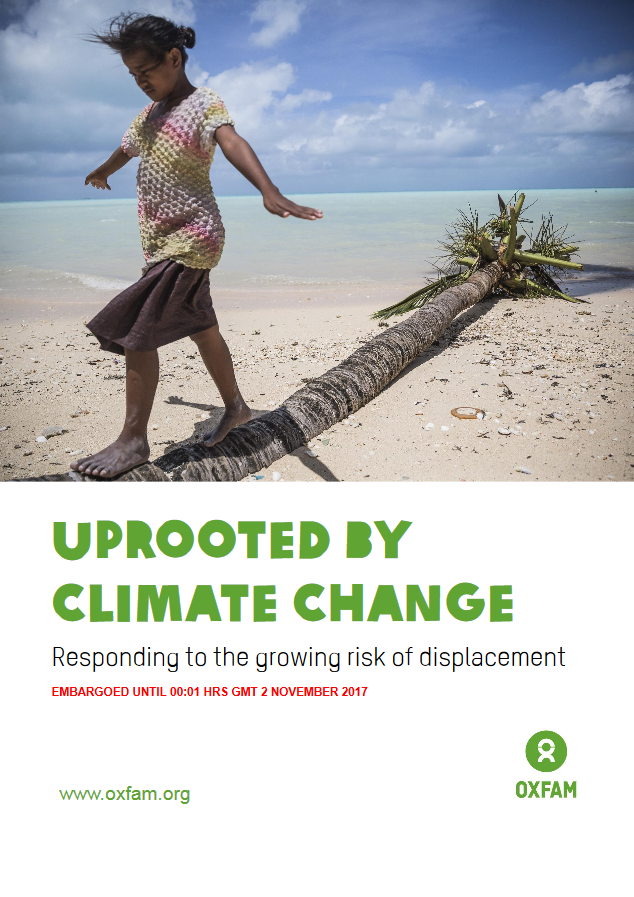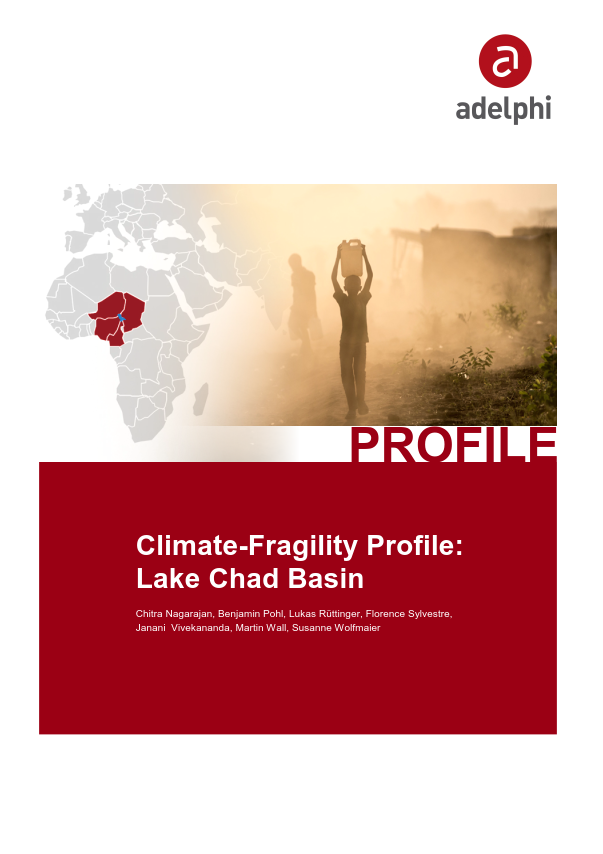Uprooted by climate change: Responding to the growing risk of displacement
Climate change is amplifying the risk of extreme weather disasters by increasing the destructive power of storms and floods. At the same time, rising seas, shifting rainfall patterns, drought and other slow-onset changes are eroding people’s land, natural resources and security, and magnifying existing vulnerabilities.




